The ECOWAS Court has rejected a request by former National Security Adviser, retired Col. Sambo Dasuki, seeking to force the Nigerian government to comply with a 2016 judgment in his favour, which declared his arrest and detention unlawful.
Justice Sengu Koroma, the Judge Rapporteur, dismissed Dasuki’s application for enforcement of that judgment, citing lack of jurisdiction as the reason.
Justice Koroma explained that the ECOWAS court’s decision was based on its established protocols and the provisions of the Community Law, which dictate the procedures for enforcing its judgments and specify the appropriate party responsible for initiating a claim in cases of non-compliance.
He said: “Having thoroughly assessed the claims and constitutive texts of the Court, it lacks the competence to adjudicate the present claim.”
During the hearing, the federal government refuted Dasuki’s claims, arguing that the properties in question were part of ongoing criminal investigations, which Dasuki had not disclosed in his initial suit.
The lawyer representing the government contended that the government had already met its obligations and that the court’s Chief Registrar had issued a Writ of Execution, rendering the applicant’s (Dasuki’s) request for enforcement unnecessary, as the legal process for implementing the judgment was already underway.
The three-member panel, consisting of presiding Justice Edward Asante, Judge Rapporteur Justice Sengu Koroma, and member Justice Ricardo Claúdio Gonçalves, delivered a decision that did not award any costs or legal fees to either party involved in the lawsuit.
Persecondnews recalls that the ECOWAS court ruled on October 4, 2016, that the Nigerian government’s arrest and detention of Dasuki were unlawful and a violation of his rights.
In the landmark case (ECW/CCJ/JUD/23/16), Justice Friday Nwoke delivered a scathing verdict, condemning the government’s treatment of Dasuki as “arbitrary, unlawful, a travesty of democracy and the rule of law, and a blatant violation of both domestic and international norms protecting individual liberty.”
The court also ruled that the government’s actions constituted a breach of Dasuki’s rights as enshrined in the African Charter of Human and People’s Rights (ACHPR) and the International Covenant on Civil and Political Rights (ICCPR), specifically highlighting violations of his rights under international law.
As a result, the court mandated the return of all confiscated properties belonging to the applicant and additionally ordered the payment of 15 million Naira (approximately $38,000 USD) in damages to him as compensation for the unlawful detention and violation of his rights.
After the federal government failed to comply with and implement the court’s judgment, the applicant (Dasuki) filed an application for enforcement of the judgment.



















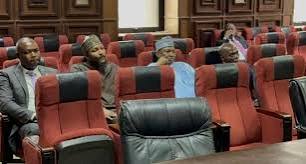











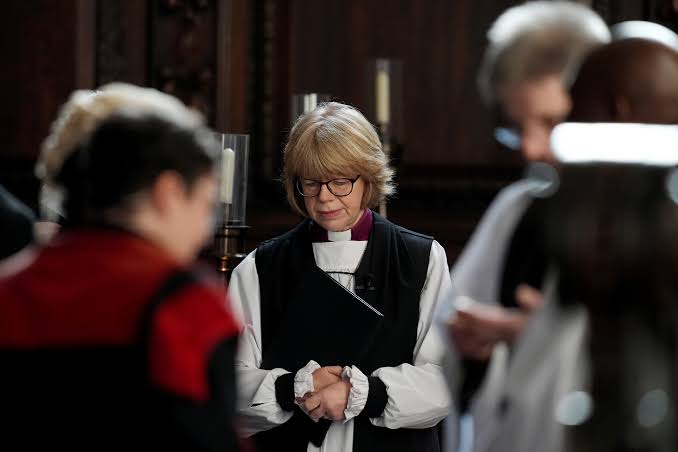

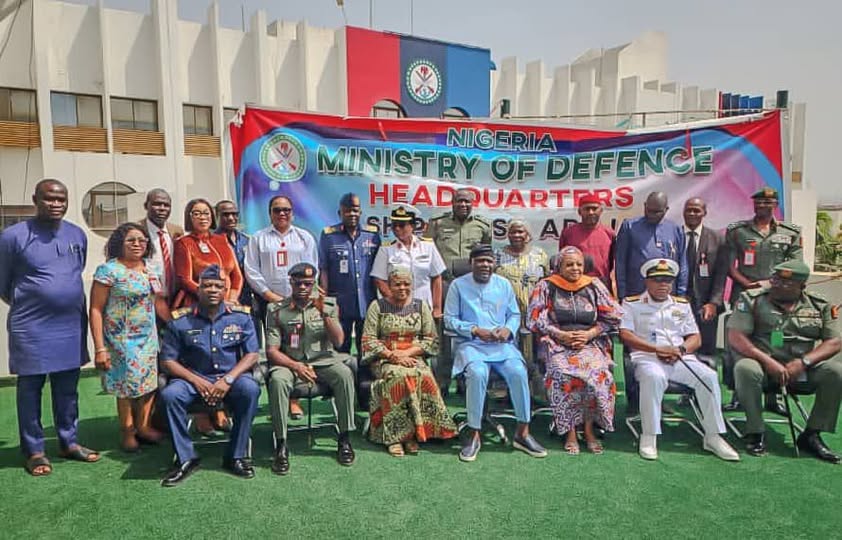
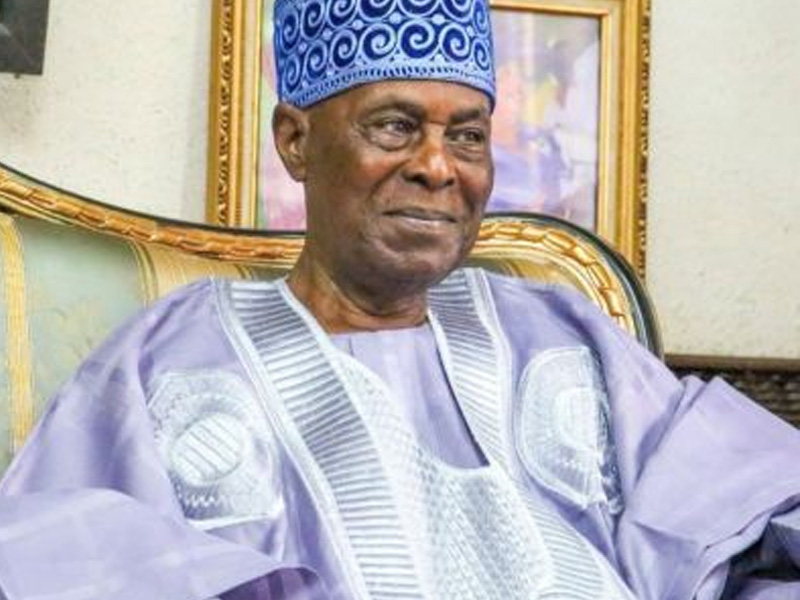

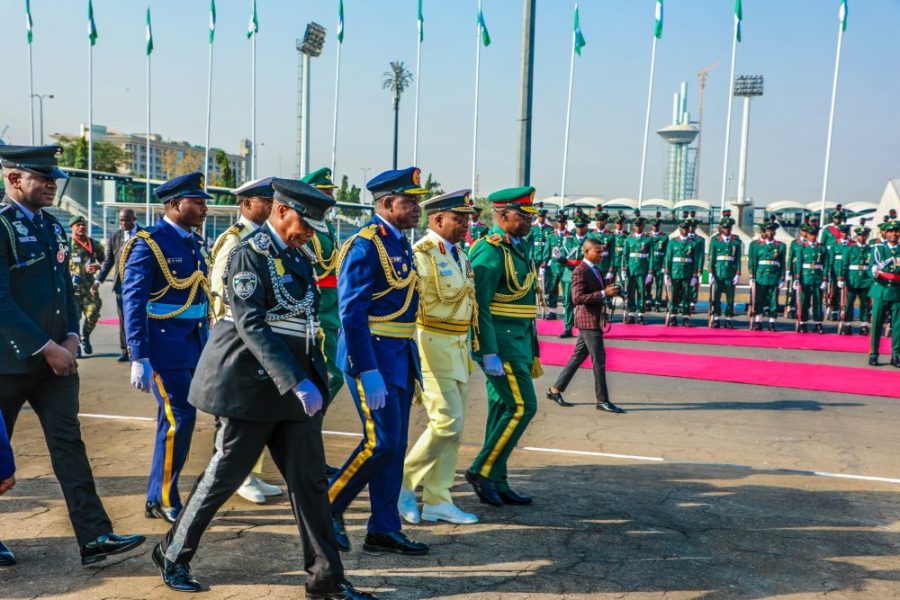

Leave a comment